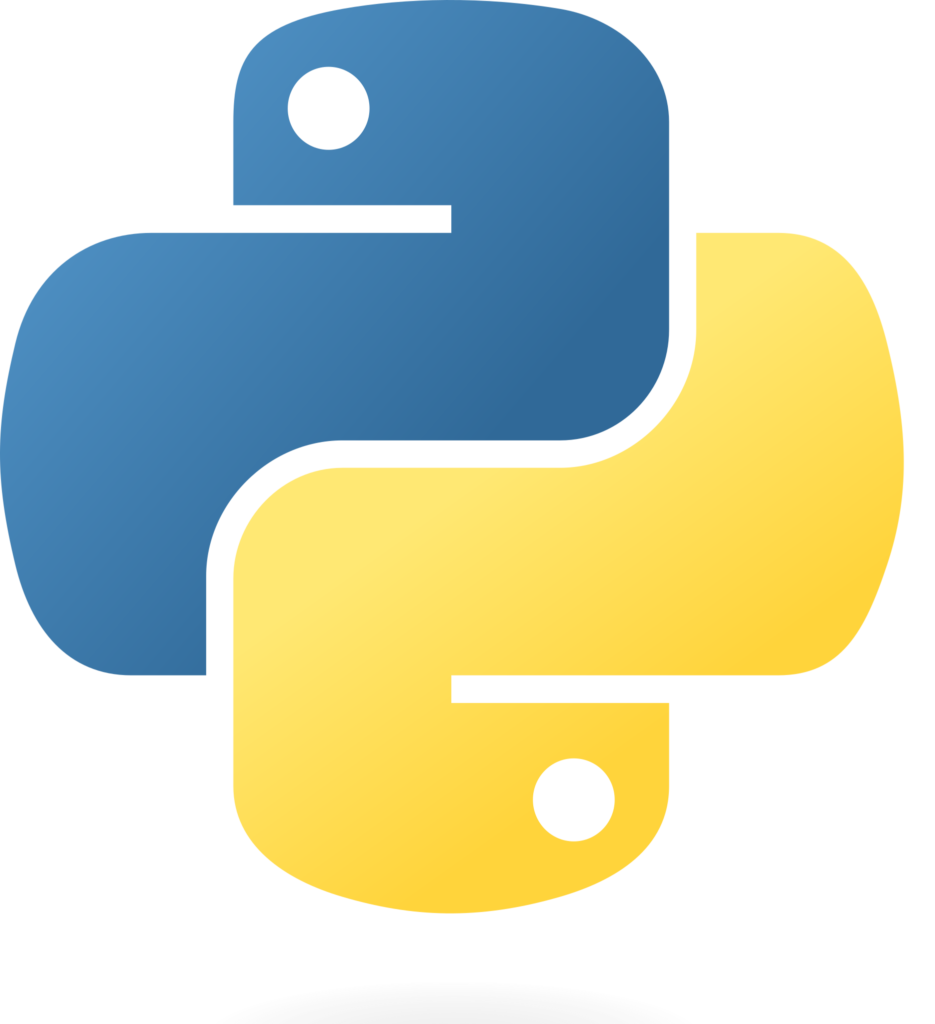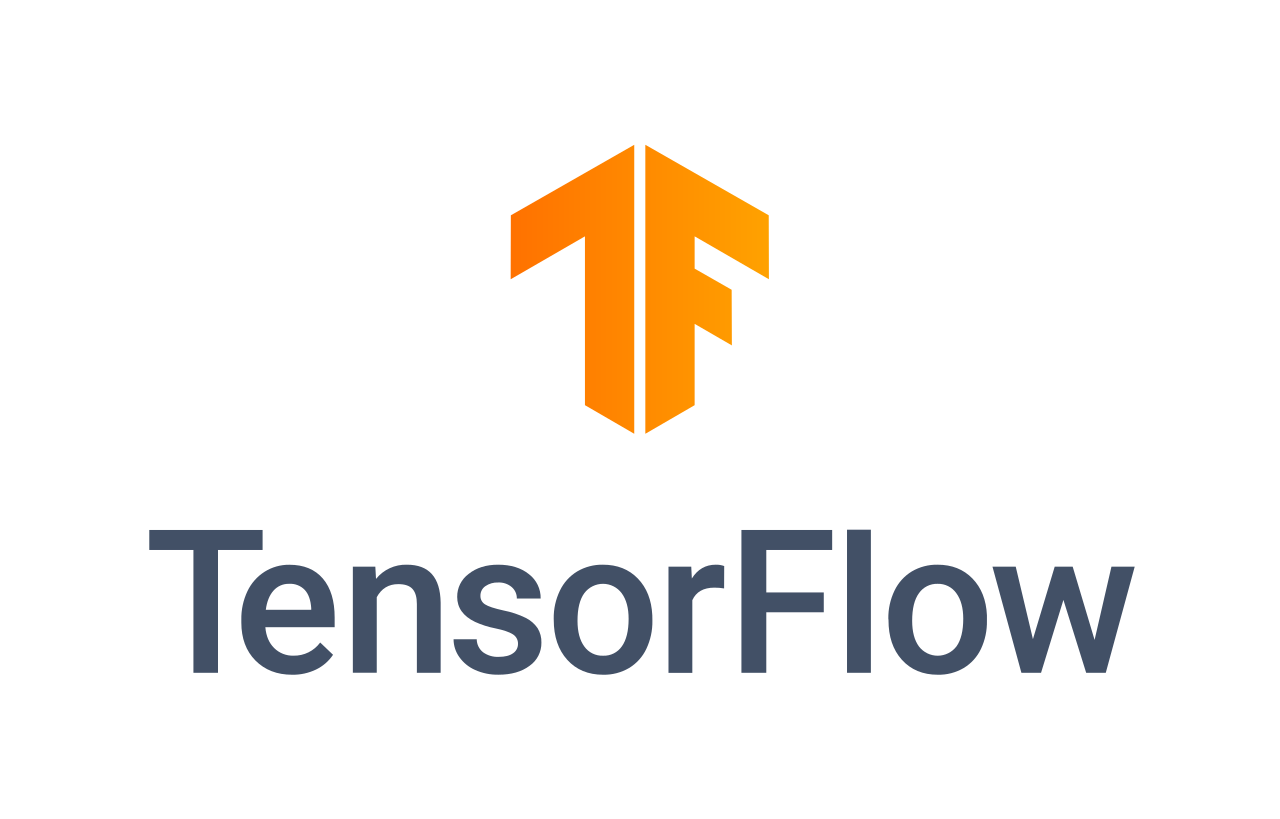- New York City
- Media & Publishing
- 13 weeks
- B2C
- Python, TensorFlow, Scikit-learn, Apache Spark, Elasticsearch, PostgreSQL, React
Project Brief
This project aimed to increase reader engagement and loyalty by providing a personalised content experience. They aimed to create an artificial intelligence powered recommendation engine to analyse reader behaviour, preferences, and content consumption habits to offer related articles, videos, and other material.
Client Background
With a large digital audience and a broad content collection, the news organisation confronted the issue of grabbing and maintaining reader interest in an increasingly congested online environment. They saw that a personalised approach was essential for keeping readers informed and interested.
Key Challenges:
Solution:
1. Discovery and Planning
We began a rigorous exploration process by reviewing the news organization's current content, reader demographics, and user behaviour data. We worked with editors and content strategists to better understand their objectives and develop performance criteria for the recommendation engine. A thorough project plan was created, including the AI models to be built, data integration methodologies, and overall system architecture.
2. Development
Our data scientists and software developers developed a robust recommendation engine using Python, TensorFlow, and Scikit-learn. We investigated reader behaviour and material quality using collaborative filtering, filtering based on content, and natural language processing (NLP) techniques. Apache Spark was utilised to do automated data processing on large-scale datasets. Elasticsearch enabled real-time search and content indexing.
3. Implementation
We collaborated with the organization's engineering team to easily incorporate the recommendation engine into their current CMS and website infrastructure. We used A/B testing to assess the efficacy of various recommendation algorithms and constantly fine-tuned the system.
Tools & Technology Used

Python
Programming Language

TensorFlow
ML Framework

Elasticsearch
Search

PostgreSQL
Database

Apache Spark
Data Processing

React
Frontend
Features:
Personalized Home Page
The site adjusts to each reader's interests, displaying handpicked articles, videos, and information based on their preferences.
Related Content Recommendations
Crop Health Monitoring analyses satellite imagery and sensor data to identify early indicators of crop stress or illness, allowing farmers for prompt treatments.
Trending Topics
The "Trending Now" area displays hot topics and stories based on real-time reader engagement statistics.
"Read Later" Feature
The "Read Later" feature allows readers to bookmark items for later reading, creating a personalised list.


